
There is a common misconception, due simply to a false turn-of-phrase, that older dogs are stunted in their ability to learn new tricks. I’m sure most people know this is not true; however, working with a professional or alone can lead to a lot of confusion, frustration and potential impatience with the rate of improvement from your own animals. The reality is simple; dogs can learn at any age. In fact, dogs beyond their puppy years can be easier to train due to a higher capability of self-control. Training is important to keep your dogs mind sharp, mental acuity at its peak, and to reaffirm to your beloved, furry friend that they have an important job. First of all, take your time and expect the process to take time. Whether you just adopted an adult dog, or have a dog that you now recognize needs better training, it will take time. A lot of it.
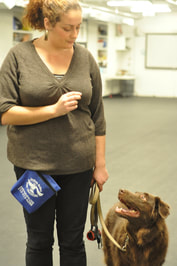
Next, don’t fear enrolling in an obedience class. Regardless of the animals age there are techniques that professional can implement that will improve both the owner (you) and the dogs life. You must take the work home with you, however. Discontinuing the work may show your animal that home is not where these lessons matter. That it too has a work place to attend, and it will do its job where it works. Classes also help your dog socialize and engage with other animals of varying behavioral levels.
You now have the ability to asses how your dog may react in a safe, professional environment to an assortment of other dogs. This will allow you and the trainer to take the first steps towards any training reactivity problems your pet may be facing.
You now have the ability to asses how your dog may react in a safe, professional environment to an assortment of other dogs. This will allow you and the trainer to take the first steps towards any training reactivity problems your pet may be facing.
"Make sure you are not the only member in the household that wants to help your furry family member out."
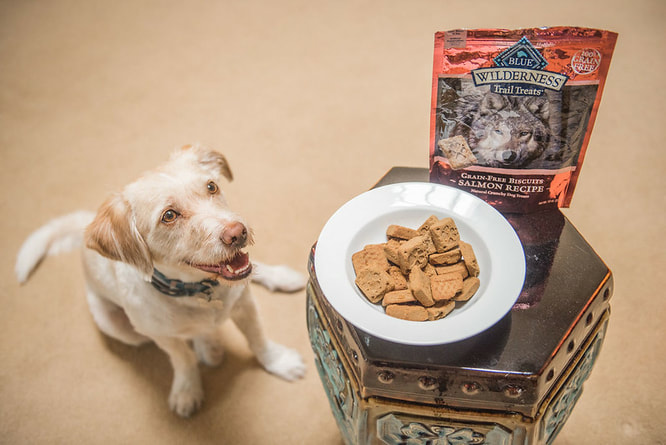
Beyond classes ensure you are teaching your dog that it must continue to obey the proper commands, rules and set behaviors before it receives any level of reward; be it a treat, or simply praise.
It is important that the house must be on board. Make sure you are not the only member in the household that wants to help your furry family member out. Any lapse in at-home training can cause long-term difficulties that negate the dogs ability to progress effectively - potentially causing you stress.
It is important that the house must be on board. Make sure you are not the only member in the household that wants to help your furry family member out. Any lapse in at-home training can cause long-term difficulties that negate the dogs ability to progress effectively - potentially causing you stress.

Always reinforce positively. Physical and verbal abuses are not the dogs friend. When training your dog reaffirm that the good things it’s doing are, in fact, good. Show it praise, give it treats or accessibility to a toy. Show the dog reward for success, and it will continue to react in a positive manner.
Finally, it may seem obvious, but the key is consistency. The training cannot be “sometimes” event, especially at the beginning of the command rehabilitation. Stay consistent with trainers, classes and at home exercises that lead the dog to a successful, happy, rewarding lifestyle.
Finally, it may seem obvious, but the key is consistency. The training cannot be “sometimes” event, especially at the beginning of the command rehabilitation. Stay consistent with trainers, classes and at home exercises that lead the dog to a successful, happy, rewarding lifestyle.

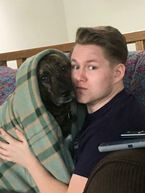
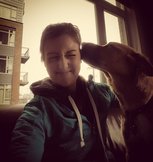
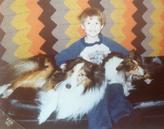
 RSS Feed
RSS Feed

